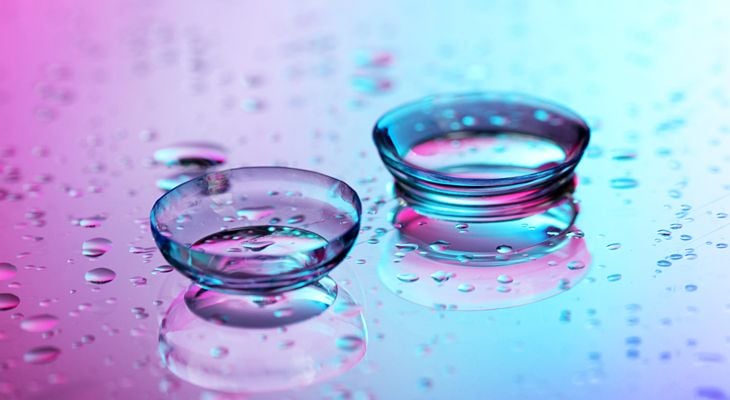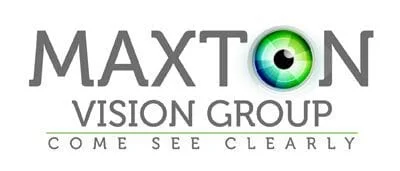Colored contact lenses allow you to temporarily change your eye color whether or not you need to correct impaired vision. In this way, you can create a more subtle eye appearance, wear a crazy design for special occasions, or just enjoy a new eye color. Will Colored Contacts Change the Way I See? Yes,
Read more

Contact lenses are a safe and popular choice for vision correction. Whether you just found out that you need vision correction or you’ve been wearing glasses for several years, switching to contacts can be an easy, painless choice. Understanding the basics about contact lenses allows you to consult with your eye care provider and make the choice that is best for your lifestyle.
-
Decorative (Plano) Contact Lenses
Category: Contact Lenses
-
Bifocal Contacts
Category: Contact Lenses
Bifocal contact lenses are a type of contact lens that combine two different prescriptions in the same lens. One component corrects nearsightedness and the other prescription addresses farsightedness or farsightedness. Several types of bifocal contacts are available; your eye care provider can help you
Read more -
Contact Lens FAQ
Category: Contact Lenses
Can I wear contact lenses? Most people are able to wear contact lenses safely and comfortably. There are contact lenses that correct for nearsightedness, farsightedness, astigmatism, and other vision problems. An optometry exam can determine what lenses are appropriate for you. Are contact lenses safe
Read more
